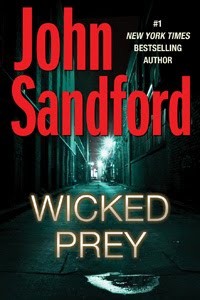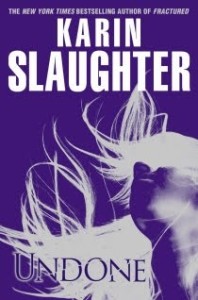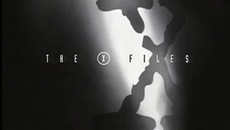
by Michelle Gagnon
A confession:
You know those people who claim they never forget a face?
I’m not one of them.
In fact, I’m terrible with faces. Which wouldn’t pose that much of a problem, but I also happen to be awful with names.
My current line of work has only exacerbated the problem. As a writer, I probably meet a few hundred new people a year. Dozens of other writers, readers, and booksellers introduce themselves to me at conferences, readings, events. I make a valiant effort to to commit their faces to memory, even use mnemonics to try to remember their names. And all I end up with is a nearly overpowering desire to shout out, “Mayonnaise!” whenever anyone looks vaguely familiar.
I have a private theory that if my brain wasn’t completely clogged up with early eightie’s song lyrics, I’d be better at this. You should be able to erase files from your mind as easily as you do from your computer (heck, my computer erases files all the time, on its own, without any help from me whatsoever). Gone would be Duran Duran, and the next time I sat at the bar at Left Coast Crime, the name “Anne” would pop into my head when a woman approached.
Alas, despite my best efforts, that hasn’t happened.
Context is also problematic. Say I run into a former classmate at the grocery store. It doesn’t matter how many fourth periods we suffered through together. Without a blackboard and erasers handy, my best guess will be that she goes to the same gym. (I run into people who claim they go to the same gym as I do on a regular basis. It’s all the more puzzling since I rarely set foot in the place).
When I first dove into social networking sites, I was hoping they would prove the answer to my prayers. All those faces and names matched up to each other–perfect! I’d finally have a handy reference to skim before any major event.
And then what do people do? They post a picture of Bruce Lee next to their name. Or a photo of themselves taken in 1972. Or of their dog. Not helpful, people.
In two weeks I head to Bouchercon in Indianapolis. For those who don’t know, it’s one of the largest crime fiction conferences. Thousands of new faces and names to remember.
Some of the people I encounter I will have met before. Chances are I shared a drink with them at some point as well (I find that sadly, alcohol doesn’t help my faculties. Shocking, I know.)
I’ll arrive armed with a welcoming smile and jars full of gingko biloba, and will rummage frantically through my dusty memory files as they remind me that we sat next to each other at a banquet for two interminable hours a few years ago. I’ll pretend to remember, when the truth is I probably don’t (I’ve been to more than my fair share of interminable banquets). The name badges can be helpful, but at conferences they tend to function as de facto wallets/PR material holders, which means that nine times out of ten the person’s name is obscured. I also have yet to master the art of reading the badge without being painfully obvious about it.
I have a friend who has a trick to compensate for this. He always exclaims, “How long has it been!” as soon as anyone approaches him. Generally, this induces said person to provide some helpful tips that narrow the field. He also has a charming Irish accent, which glosses over the discomfort when it turns out they actually have never met. I could try to fake an accent, but I’m not very good at those either.
So, I’m asking a favor. If we have met before, please don’t take offense at the blank expression on my face. I really am doing my best to remember, but all I’m hearing is “Hungry Like a Wolf” on a steady loop.









